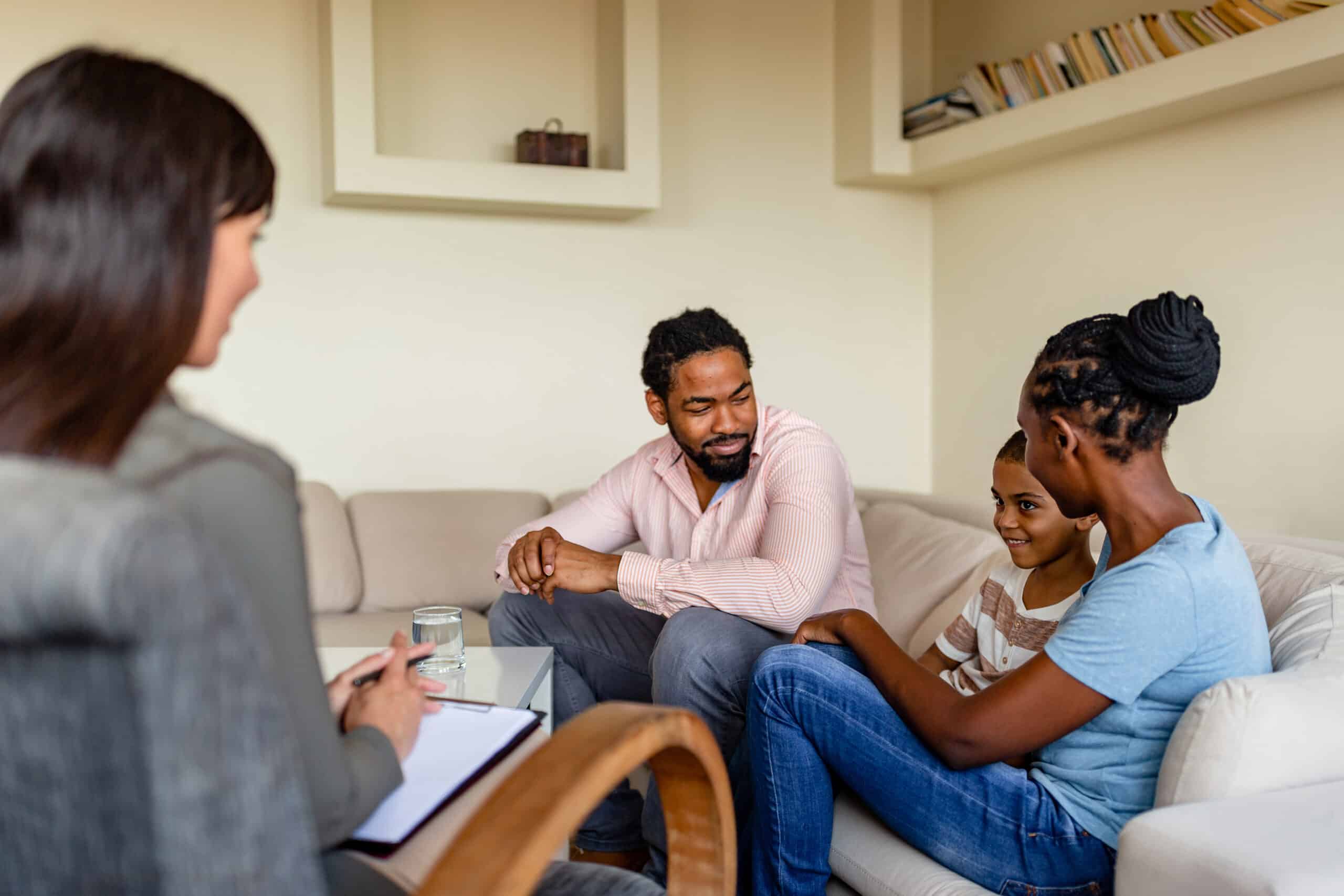There are moments in life when challenges arise that bring us to our knees. And then there are moments when the unimaginable happens, and suddenly, you forget how to exist in the world. Coping with the loss of a child is a trauma no parent should have to endure, but because it is an agony some must face, this article will share ways to help a parent cope with the loss of a child.
6 Ideas To Help A Parent Cope With the Loss of a Child
Be gentle with yourself. Grief has a way of taking everything out of us, so we are left drained. You may be used to operating at 80-100%, but when you are going through a loss, you likely can only function at 10-15% of your productive capacity. So if actions that once seemed simple now seem hard, know that it’s completely normal when you’re grieving. Our first recommendation is to be gentle with yourself and your loved ones.
Set realistic expectations with yourself. Perhaps before losing a child, you could wake up early, make breakfast, go to work, work out, make dinner, be present to your family, and meditate before bed. But things are likely different now, for at least some time. Adjusting your expectations of yourself during this challenging stage of grief is essential. Maybe you need more sleep and have to keep things simple when cooking meals for yourself and your family. Perhaps you must ask a neighbor to take your son to soccer practice. It’s okay not to be able to function the way you have been. Choosing to step back and take on less now does not mean it will always be that way; it just has to be that way for now.
Stick together. While everyone will grieve differently, it’s essential to lean on one another and grieve together at times. Having a support system will help manage the pain as no one will have to feel alone in this challenging transition. As a parent with other children experiencing the loss of their sibling, check in and let your kids know that you are there to talk with them, cry with them and that they can lean on you when things feel unbearable. It can also be helpful to share that you are deeply sad and hurting but that together healing is possible.
Seek professional help. Because everyone grieves differently and managing your grief and that of family members is often challenging, seeking professional help can be highly beneficial. Counseling, therapy, and trauma work can help your family cope with losing a child or sibling. EMDR (Eye Movement Desensitization and Reprocessing), CBT (Cognitive Behavioral Therapy), and Somatic Therapy (a form of body-centered therapy) are examples of different modalities that some professionals may use to help a patient heal from trauma. Some people who have endured loss prefer to start treatment sooner rather than later to help them get through their days, while others need some time before doing inner work. Be patient with yourself and meet yourself where you are.
Pay attention to your health and well-being. While you certainly don’t need to jump into an intense workout regimen when navigating your grief, it’s also important not to ignore your health and your family’s health. Take baby steps when caring for your mind, body, and spirit. Maybe that looks like taking a walk for fifteen minutes every other day, buying an easy dinner, or taking a few minutes to do focused breathing every night before bed. There are no rules, but try not to forget yourself when grieving. Even when choosing tiny simple acts of self-care, choosing to love yourself can help with the healing process.
Seek out positive resources. Whether it’s seeking therapy or buying grief books, remind yourself that you are not the first person to endure the loss of a child. Find stories of other parents who have grieved the loss of a child and learn what tools helped them get through their darkest days. You may not like everything they share, but there’s a good chance they can offer some wisdom. There are also support groups for parents experiencing loss that can provide community support.
Contact Us
If you are experiencing a child’s loss, know there is no right way to grieve and no rule book showing you the road to healing. You may feel like you can’t get out of bed. You may drown yourself in work and distraction, so you don’t have to think about what has happened. Neither way is wrong. We intend these coping tools to help in times of darkness and pain, but they are not perfect solutions. There is no ideal solution to losing someone close to us. Unfortunately, the only way out is through, and figuring out how to get through the pain takes time.
If you are looking to speak to a professional or find a support group to help in the meantime, Advanced Behavioral Health is here to help. Our team of professionals offers therapy, counseling, and psychiatry services and specializes in various healing modalities. Read more about our services here or call us at 301-345-1022 to speak to someone on our team.
